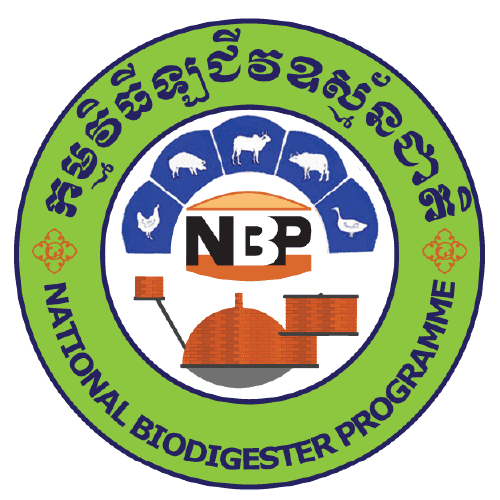Welcome to the SDG Awards, a distinguished recognition program honoring the remarkable contributions of individuals, organizations, and initiatives in championing the United Nations’ 17 Sustainable Development Goals (SDGs).

Installed 28,110 biodigesters, providing renewable energy to rural Cambodian households.
SDG Awards, hosted by the SDG Alliance of the European Technology Chamber since 2019.